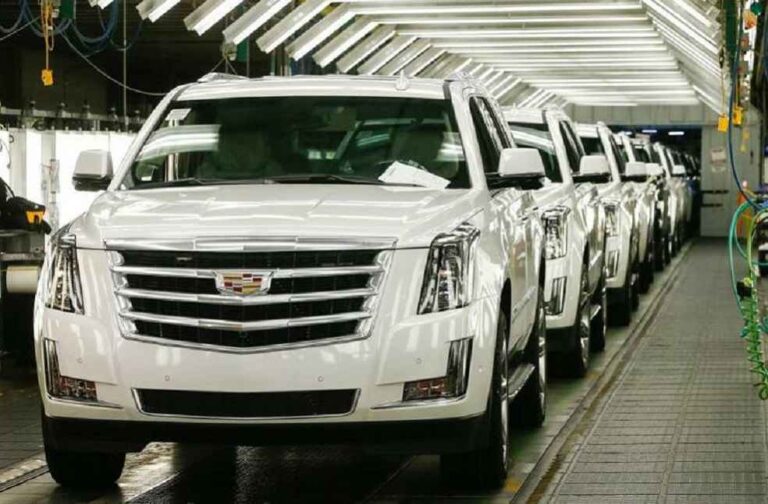The Canadian government declared on Thursday that the country is restricting the number of vehicles Stellantis and General Motors can bring in without tariffs, after the companies’ decisions to halt certain manufacturing operations in Canada, according to a report by the Associated Press citing a government official.
The official stated that the automakers will no longer qualify for the full exemption from Canadian countertariff duties on vehicles and auto components.
Earlier this month, Stellantis declared it would shift its planned Jeep Compass production from Canada to the United States, while General Motors revealed this week that it will cease manufacturing its BrightDrop electric vans in Ontario.
President Donald Trump has been pressuring three major U.S. automakers to relocate their production to the United States.
Concerns are mounting in Ontario about the future of Canada’s automotive industry. As the country’s second-largest export, the auto sector plays a vital role in the economy, with Prime Minister Mark Carney highlighting that it provides direct employment to 125,000 Canadians and supports nearly 500,000 more through related fields.

In April, the government introduced retaliatory tariffs on select U.S. products but granted exemptions to certain automakers, allowing them to import a limited number of vehicles under a special exemption known as a remission quota.
Ottawa stated that eligibility for the tariff-free quota required each automaker to sustain Canadian jobs and investments, but both companies have recently announced layoffs. The government is cutting General Motors’ exemption quota by 24% and Stellantis’ by 50%.
Relations between Canada and the U.S. have improved in recent months as Carney works toward securing a trade agreement with Trump. However, tariffs continue to have a significant impact, especially on the aluminum, steel, automotive, and lumber industries.
AUTO TECH | GM to Launch Eyes-Off Driving and Advanced AI Features by 2028





